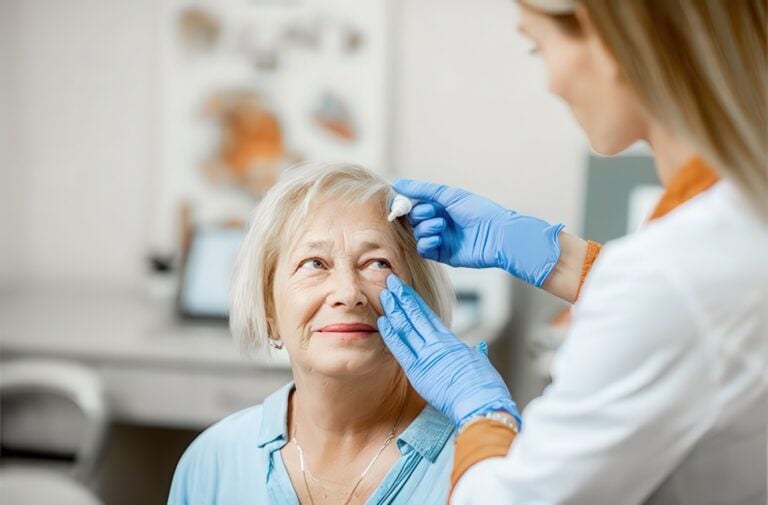
How Diabetes Affects Your Eyes and What You Can Do About It
How Diabetes Affects Your Eyes: How Diabetes Impacts Your Eyes and What You Can Do About It Diabetes is a chronic condition that impacts many

How Diabetes Affects Your Eyes: How Diabetes Impacts Your Eyes and What You Can Do About It Diabetes is a chronic condition that impacts many
Monday: 9am – 5pm
Tuesday: 10am – 5pm
Wednesday: Closed
Thursday: 9am – 5pm
Friday: 9am – 5pm
Saturday: 8am – 12pm
by appointment only
Sunday: Closed
(Closed 1pm-2pm for lunch)